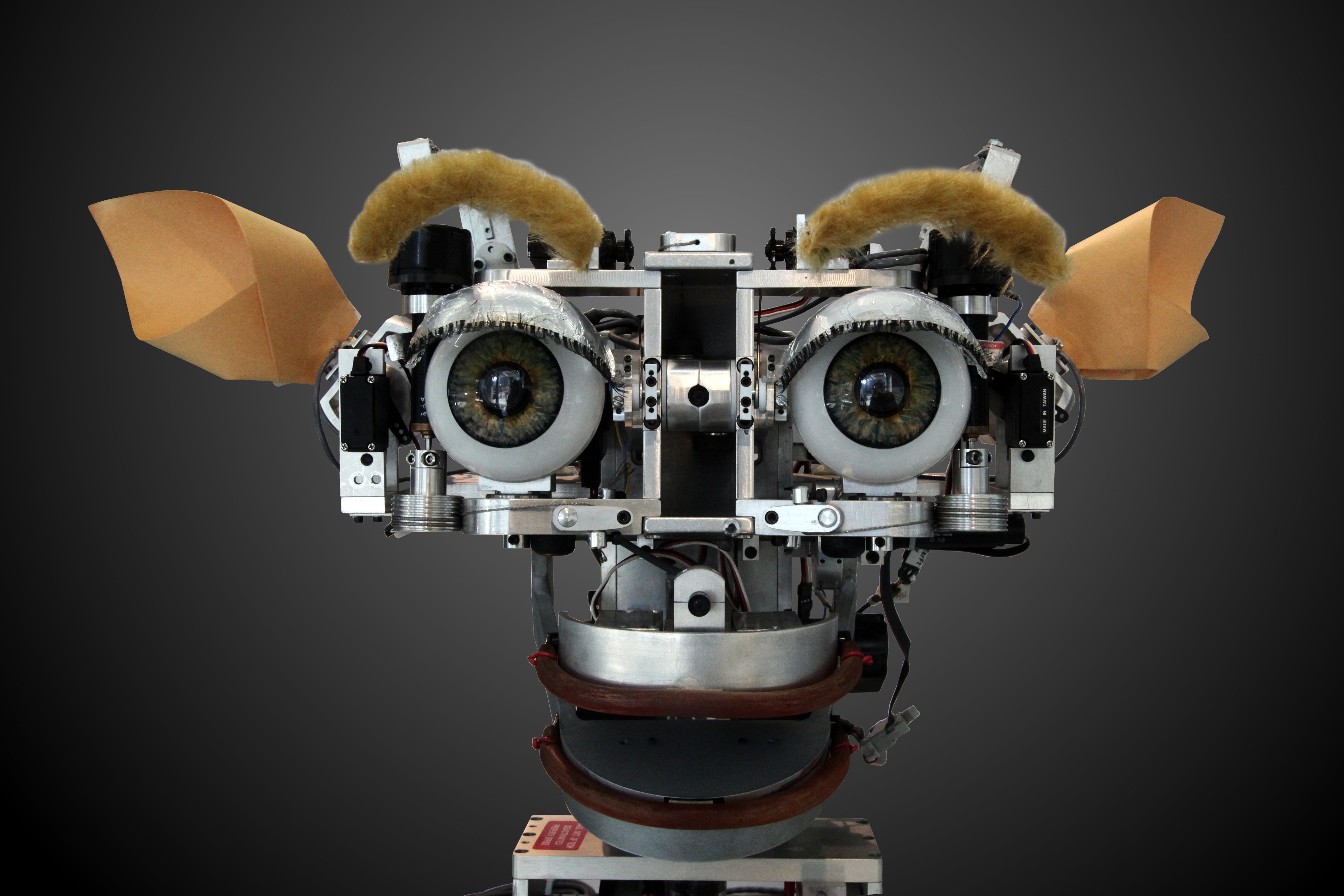Artificial intelligence
 Artificial intelligence (AI), in its broadest sense, is intelligence exhibited by machines, particularly computer systems. It is a field of research in computer science that develops and studies methods and software which enable machines to perceive their environment and uses learning and intelligence to take actions that maximize their chances of achieving defined goals. Such machines may be called AIs.
Artificial intelligence (AI), in its broadest sense, is intelligence exhibited by machines, particularly computer systems. It is a field of research in computer science that develops and studies methods and software which enable machines to perceive their environment and uses learning and intelligence to take actions that maximize their chances of achieving defined goals. Such machines may be called AIs.AI technology is widely used throughout industry, government, and science. Some high-profile applications include advanced web search engines (e.g., Google Search); recommendation systems (used by YouTube, Amazon, and Netflix); interacting via human speech (e.g., Google Assistant, Siri, and Alexa); autonomous vehicles (e.g., Waymo); generative and creative tools (e.g., ChatGPT and AI art); and superhuman play and analysis in strategy games (e.g., chess and Go). However, many AI applications are not perceived as AI: "A lot of cutting edge AI has filtered into general applications, often without being called AI because once something becomes useful enough and common enough it's not labeled AI anymore."
Alan Turing was the first person to conduct substantial research in the field that he called machine intelligence. Artificial intelligence was founded as an academic discipline in 1956. The field went through multiple cycles of optimism, followed by periods of disappointment and loss of funding, known as AI winter. Funding and interest vastly increased after 2012 when deep learning surpassed all previous AI techniques, and after 2017 with the transformer architecture. This led to the AI boom of the early 2020s, with companies, universities, and laboratories overwhelmingly based in the United States pioneering significant advances in artificial intelligence.
The growing use of artificial intelligence in the 21st century is influencing a societal and economic shift towards increased automation, data-driven decision-making, and the integration of AI systems into various economic sectors and areas of life, impacting job markets, healthcare, government, industry, and education. This raises questions about the long-term effects, ethical implications, and risks of AI, prompting discussions about regulatory policies to ensure the safety and benefits of the technology.
The various sub-fields of AI research are centered around particular goals and the use of particular tools. The traditional goals of AI research include reasoning, knowledge representation, planning, learning, natural language processing, perception, and support for robotics. General intelligence—the ability to complete any task performable by a human on an at least equal level—is among the field's long-term goals.
To reach these goals, AI researchers have adapted and integrated a wide range of techniques, including search and mathematical optimization, formal logic, artificial neural networks, and methods based on statistics, operations research, and economics. AI also draws upon psychology, linguistics, philosophy, neuroscience, and other fields. Provided by Wikipedia
21
Date 1989
“...Amnesty International (AI)...”
brochure
22
23
Date 1989
“...Amnesty International (AI)...”
brochure
24
Date 1990
“...Amnesty International (AI)...”
brochure
25
Date 2005
“...Amnesty International (AI)...”
brochure
26
Date [1983]
“...Amnesty International (AI)...”
brochure
27
28
Date 1975
“...Amnesty International (AI)...”
brochure
29
Date 1976
“...Amnesty International (AI)...”
monografie
30
31
brochure
32
33
Fonds Suzan Daniel (FSD)
Date 2003
“...Amnesty International (AI)...”
brochure
34
35
Date 1982
“...Amnesty International (AI)...”
krant
36
Fonds Suzan Daniel (FSD)
Periodiciteit :
Redactie : AI, 4 rue de la Pierre Levée, 75011 Paris
Vanaf (2000) : Homosexualités et Droits ... Date 1998-2000
“...Amnesty International (AI)...”Periodiciteit :
Redactie : AI, 4 rue de la Pierre Levée, 75011 Paris
Vanaf (2000) : Homosexualités et Droits ... Date 1998-2000
periodiek
37
38
Fonds Suzan Daniel (FSD)
Periodiciteit : maandelijks
Redactie : Keizersgracht 620, 1017 ER Amsterdam
Jaargang 26 en jaargang 27 : dubbeltijdschrit, Wordt vervolgd ... Date 1973-2009
“...Amnesty International (AI)...”Periodiciteit : maandelijks
Redactie : Keizersgracht 620, 1017 ER Amsterdam
Jaargang 26 en jaargang 27 : dubbeltijdschrit, Wordt vervolgd ... Date 1973-2009
periodiek
39
40
Date 1976-1979
“...Amnesty International (AI)...”
periodiek